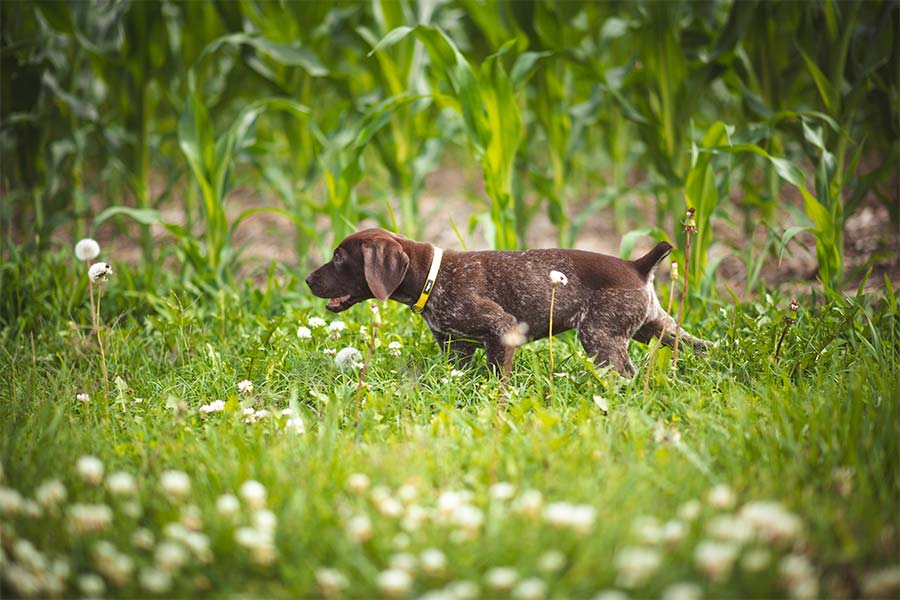Dog & Cat Sneezing: The Top 7 Causes

Spring has arrived and with it, allergy season. Like humans, pets can have seasonal allergies which can cause several symptoms including sneezing in cats as well as dogs. If you have a cat or dog sneezing, it’s often hard to know what exactly is causing it, and whether or not you should take them to your local veterinarian. Here are the top 7 causes of dog and cat sneezing in no particular order:
- If you have a young kitten or puppy sneezing, they are most likely to be affected by a viral infection. They will often have a clear nasal discharge and may or may not be otherwise sick. If it is a simple viral infection, it should generally resolve in about two weeks. Herpes virus infections will cause sneezing in cats to return in times of stress. If the discharge lasts longer than two weeks, is bloody or greenish/yellow, the eyes are affected, they are not eating well, are lethargic or are showing other symptoms you are concerned about, they should be checked out by your veterinarian.Pet vaccinationscan help prevent this type of sneezing in your kitten or puppy.
- Young cats or dogs sneezing since birth may have a congenital abnormality of their anatomy. They should also be seen by your veterinarian.
- Nasopharyngeal polyps can cause sneezing in cats that are younger. With this type of cat sneezing it will usually last longer than two weeks and you may see other problems such as change in voice or breathing pattern, head shaking or loss of balance to name a few. These cats need to be examined by your veterinarian.
- Dogs that like to sniff along the ground or hunt may have a foreign object in their nose that causes them to start sneezing. The most common culprit will be grass, but it could be anything. The nasal discharge may initially be clear, but can become coloured or bloody. This type of dog sneezing will persist past two weeks and needs to be checked out by your veterinarian.
- Older cats and dogs that are sneezing, especially those with dental disease, may have an infected tooth root that is now affecting the nasal cavity. There may be swelling of the face or they may resent touching on their face. These pets need to be seen by your veterinarian.
- In geographical locations where they are present, fungal infections can often be the cause of a dog’s or cat’s sneezing. These pets are generally sick with coloured nasal discharge and should be examined by your vet.
- As mentioned, allergies can also affect cats and dogs. These pets will usually have a more seasonal pattern to their sneezing. These pets should be otherwise well, but may be itchy. Your veterinarian can help in a number of ways to ease their discomfort – and help stop their sneezing.
As you can see, the causes of dog and cat sneezing are highly varied and definitely best assessed by your vet. Theveterinarians at Calgary’s Properties Animal Clinicwould be happy to answer any other questions you may have.
Yours in health,
Dr. Kent Morley